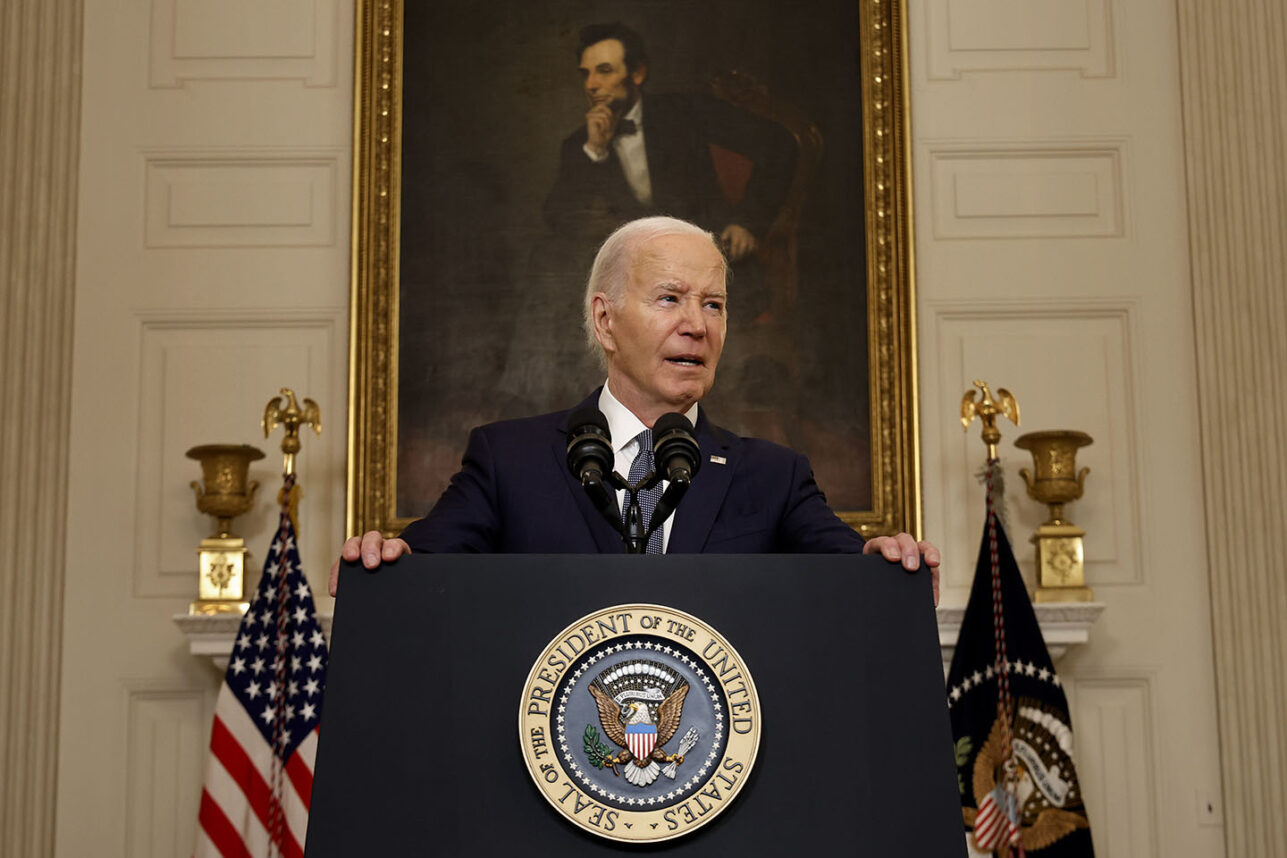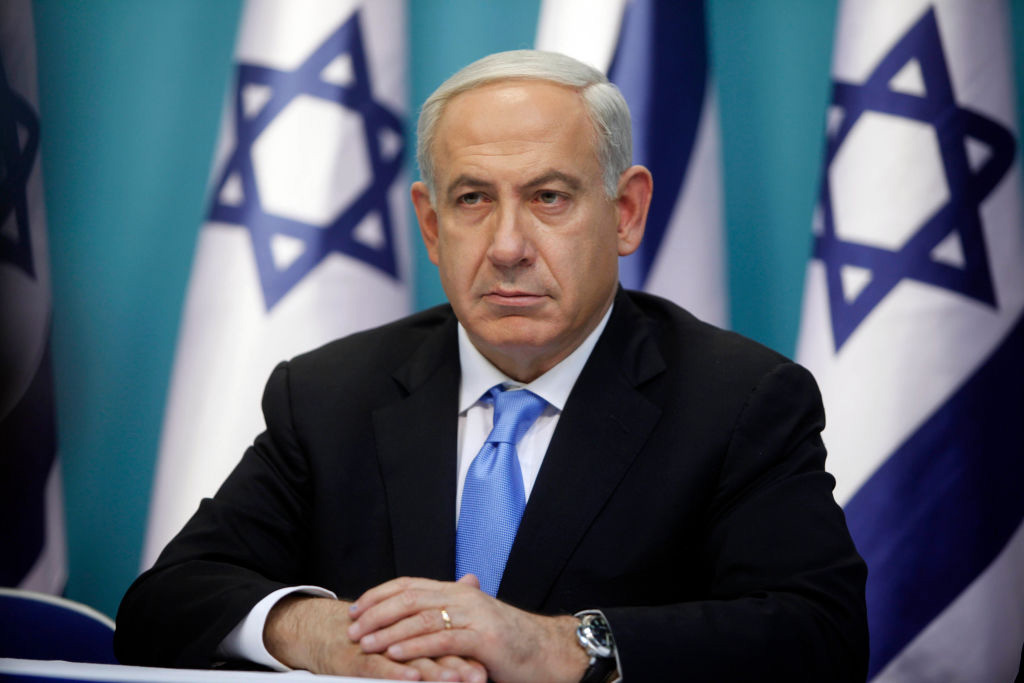Spending a full first day at the AIPAC Washington conference, I’ve realized that my prediction from yesterday – that the conference is going to be blessedly boring – was probably accurate. But this presents me with a challenge: how does one make a boring conference interesting for one's readers?
Of course the conference isn’t “boring”. The speakers are good and the panels are well organized and the crowd is cooperative and alert and the whole setting is impressive as usual (the food could be improved). But having seen so many of these, including more dramatic conferences, this one is kind of a going-through-the-motions conference (which might be a good thing). Getting people to expect new exciting climaxes every year is not healthy. Some years should be just ordinary years. The problem is: this isn’t an ordinary year as far as events in the region are concerned, or so the speakers in almost every session here would have you believe. So we’re having an ordinary conference in a dramatic year – somewhat of a contradiction.
There’s elephant in the room in this AIPAC conference, and this elephant is American policy in the region. In one session after another one hears criticism of American inaction, American hesitation, American lack of coherence. The criticism is at times subtler, and at times more direct, but it’s almost always there. You hear it from the experts on the different panels, from Americans and Israelis. You get less of it, but still some, even in the larger gatherings where the politicians and the leaders speak, where the politicians attempt to make it seem as if there are no problems and no daylight between the Obama administration and the Netanyahu government. Americans and Israelis are now all walking on eggshells, making sure not to interfere with the “reset” of relations, not to add new tensions into the delicate relations between the second Obama administration and the second Netanyahu government.
The elephant is there though. It is there when, in panels, Chuck Hagel’s name keeps coming up, usually as pretext for amused exchanges, but it was also there when Hagel was praised by Israel’s Defense Minister Ehud Barak. “He will no doubt serve his country with the same pride and honor with which he served both on the battlefield and in Congress”, Barak said. And as is often the case, when he has to say that there’s “no doubt” it seems like a sign that there’s doubt. There’s surely doubt in Israel, and there’s concern in pro-Israel circles in the US (“we need a national security team that is pro-Israel”, senator McCain said Monday morning). Barak was right to try and put the Hagel brouhaha to rest and begin the relations with him on a positive note. Yet the message that Obama was sending with the Hagel nomination is one that can hardly be interpreted in ways favorable to Israel.
“I’ve not seen the Middle East in a more dangerous situation”, John McCain said. And yes, he did point a finger at the US that was “watching” instead of doing something about Syria. In the panels – I’ve attended 4-5 of them (not full sessions) – one could get a sense of consensus on most issues: the Iran talks aren’t a success, and a more credible threat is needed (“we mean it, we mean it”, Barak said); Syria is going to hell – and no one is doing much about it; Egypt is problematic and should be handled delicately; the peace process can only succeed if Palestinians agree to make incremental advances – a final status agreement is not in the cards. So yes, it is a dangerous Middle East. But the danger this conference seems to be focusing on is the one of having yet another Obama-Netanyahu clash.























 More news and opinions than at a Shabbat dinner, right in your inbox.
More news and opinions than at a Shabbat dinner, right in your inbox.